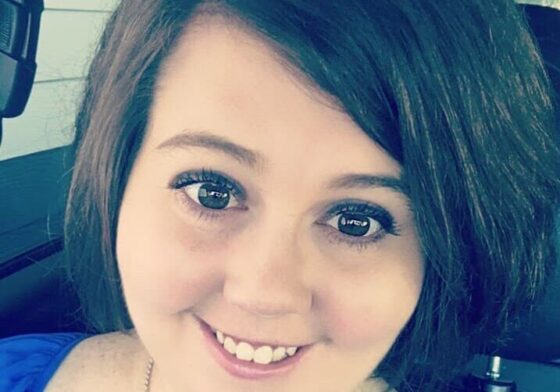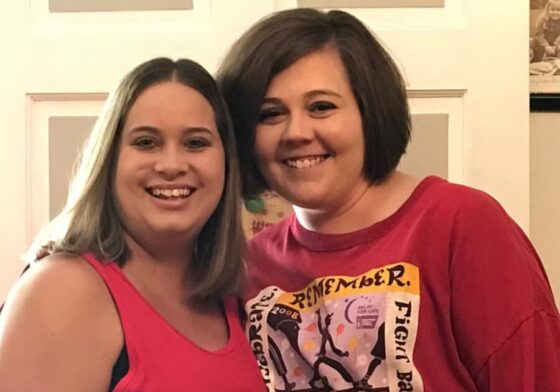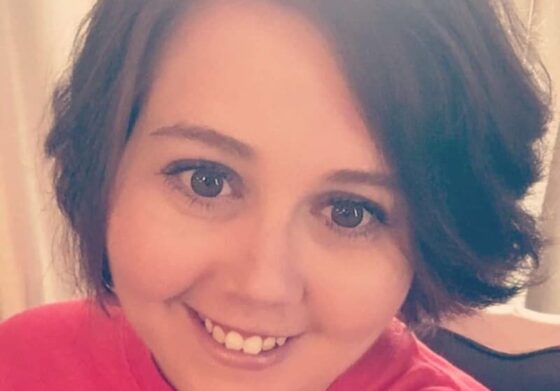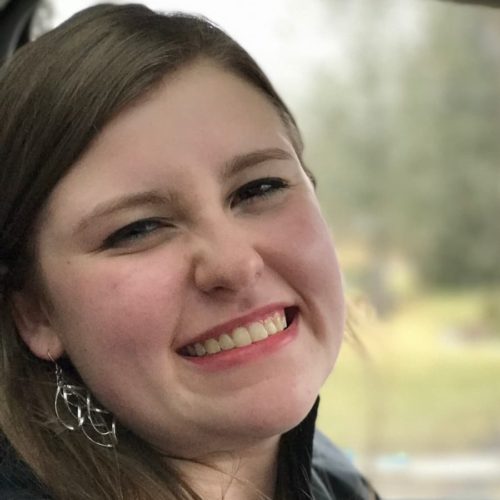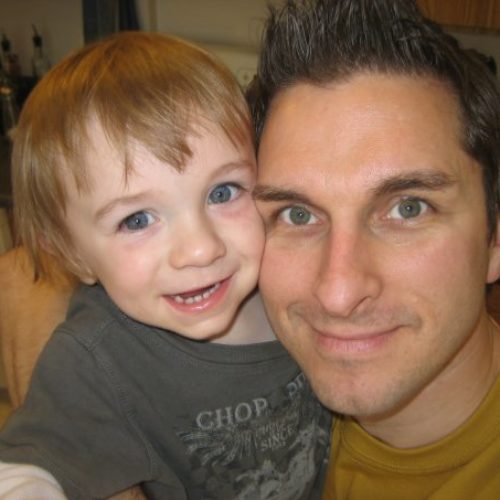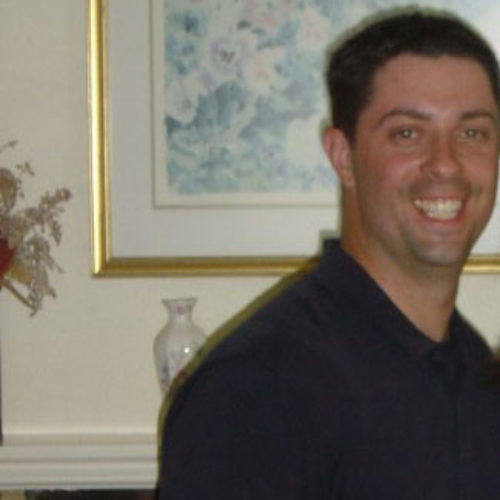Life at 12 years old was blessed—I was a normal, healthy kid who always had my nose stuck in a book. Family was a huge part of my life – my parents, younger brother, grandparents and uncle all lived near each other and we spent lots of time together.
I knew of some family members who had cancer, including my mom who is a breast cancer survivor. So I was familiar with the word but didn’t understand the impact it could have.
In January 1993, my right knee started to hurt and was really tender. Normally I would have brushed the pain off, but when it persisted for a few days I brought it up to my parents. They said it was growing pains and I would get used to them soon.
The pain continued for four to five weeks, and finally my parents agreed to make an appointment for me to see a doctor. Then, the pain went away on its own, so we cancelled the appointment. We still thought it was growing pains and were glad they had finally stopped.
In March, the knee swelling returned, and worse—my knee was three times its normal size. It hurt so bad that I couldn’t walk, and I had to constantly take Tylenol to ease the pain. This time my parents didn’t wait, we made an appointment right away with an orthopedic doctor. They took some X-rays, but said I had wiggled and the picture wasn’t clear so they needed to take more.
“If you have a diagnosis, there is a plan of action. If you don’t know what’s causing symptoms, you’re sitting there wondering, and that doesn’t help anyone.”
What I didn’t know was that while I was redoing the X-rays, the doctor was telling my parents the real reason they needed more tests—I had a serious bone infection and needed to go to a bigger town to get treatment. The orthopedic doctor scheduled an appointment for Monday to get more tests done, and on Tuesday we went to an orthopedic surgeon in Atlanta.
The surgeon looked at the test results from the other hospital, felt around my leg, and took a biopsy. The diagnosis was osteogenic sarcoma. Cancer. The surgeon was very positive about my case—he said that this was just a road bump, that we would take care of this and I would go on living a full life. His outlook and confidence helped me stay positive.
A few days later, I started two months of chemotherapy to shrink the tumor, which luckily hadn’t spread from my knee. In June, they removed the tumor and replaced my knee and femur with titanium. Even after the chemotherapy, the tumor was four inches in diameter. I did another eight months of chemotherapy to ensure the cancer was gone.
Early detection is key for every kind of cancer. It’s important to know your body and to get to know your children—how they look every day, how they feel every day. If I had gone to the doctor that January when I first noticed symptoms, we could have caught the tumor when it was smaller and I could have finished chemo earlier.
Now I’m on the other side and tell people how important it is to know what is going on with your health. I think of my aunt, who was sick for a year, convinced it was bronchitis or a cold. We tried to get her to go to the doctor but she refused. When we finally got her to go, they discovered stage 4 lung cancer. She passed away six months later.
If you have a diagnosis, there is a plan of action. If you don’t know what’s causing symptoms, you’re sitting there wondering, and that doesn’t help anyone. Early detection is the key to saving lives—so many people don’t know what to look for.
Know your normal health, use the 2-Week Rule, and share everything with your doctor. I am still living with the side-effects of treatment, but life is still blessed.
Symptom
- unexplained pain and swelling
